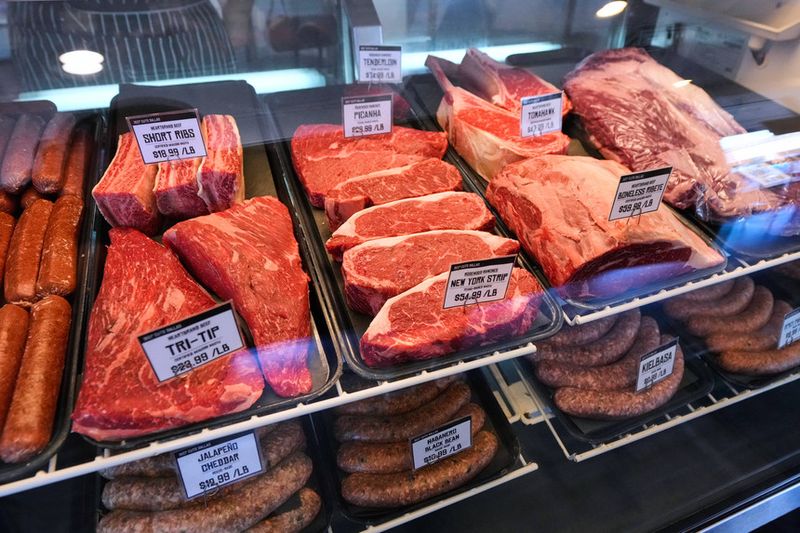
Published in News
Market Pulse: Bulgaria Fee Hikes Threaten Exports; US Import Tariffs Loom; UK Beef Volumes Dip
Bulgarian producers warn of price shocks while US importers fear new trade barriers and UK shoppers cut back on beef.

Bo Pedersen
Chief Revenue Officer
Soaring inspection costs in Bulgaria threaten to shake up the local meat landscape. Meanwhile, the global beef trade faces a new shock as US importers warn of "catastrophic" tariffs on Nicaraguan supplies, and UK consumers are forced by inflation to buy less meat.
Bulgaria: BFSA Fee Hike Threatens Price Surge and Exports
What happened: On November 20, the Bulgarian food industry issued a strong warning against a proposed tariff overhaul by the Bulgarian Food Safety Agency (BFSA). Under the new proposal, inspection fees for pigs over 25kg would double, and veterinary certificate costs would shift from nominal per-animal cents to a flat fee plus a per-head charge. Industry leaders, including the Association of Meat Processors, argue this will make local products uncompetitive.
Why it matters: This is a direct hit to the competitiveness of Bulgarian exports. For low-margin, high-volume exports like hatching eggs to Romania, the proposed fee structure could render trade economically unviable. Domestically, producers warn these costs will inevitably trickle down, triggering a sharp rise in consumer food prices at a time when inflation is already a concern.
Implications & suggested actions:
Exporters: Calculate the exact margin impact of the proposed "flat fee + per head" structure immediately to lobby effectively.
Buyers: Expect potential price increases or supply disruptions for Bulgarian livestock and hatching eggs if the measure passes.
UK: Shoppers Pay More for Less Beef
What happened: New data from Worldpanel by Numerator UK reveals a stark inflationary impact on the British beef sector. In the 12 weeks leading up to November 2, UK consumers spent 10% more on beef compared to last year, yet the volume of beef purchased fell by 10%. The average price of beef has surged by nearly 19%, driving a 21% drop in roast beef volumes and a decline in mince sales.
Why it matters: The data confirms that inflation has hit a breaking point for volume. Consumers are not just trading down; they are buying significantly less product. This volume destruction threatens processor throughput and efficiency, even if headline sales values look robust.
Implications & suggested actions:
Retailers: The "roast beef" occasion is disappearing. Shift promotional focus to smaller, more affordable joint sizes or "value" mince packs to arrest the volume decline.
Processors: Prepare for reduced orders on primary cuts; carcass balance will be difficult to manage if high-value roasting joints stop selling.
Global Trade: US Importers Warn of Price Spikes from Nicaragua Tariffs
What happened: On November 20, the Meat Import Council of America (MICA) urged the US administration to exercise extreme caution regarding proposed 100% tariffs on beef imports from Nicaragua. The tariffs are being weighed as part of a broader pressure campaign regarding human rights and rule of law in the Central American nation.
Why it matters: Nicaragua is a critical supplier of lean beef trimmings to the US market (exporting over 38,000 MT through July 2025). This lean meat is essential for blending with fatty US trimmings to produce ground beef (burgers). A 100% tariff would effectively ban this supply, creating an immediate shortage of manufacturing beef just as US domestic herd numbers are at historic lows.
Implications & suggested actions:
Global Traders: If Nicaraguan beef is shut out of the US, expect it to flood alternative markets at discounted rates. Conversely, US importers will aggressively bid up lean trim from Australia, New Zealand, and Brazil, potentially driving up global manufacturing beef prices.
Burger Chains: Prepare for potential input cost spikes in Q1 2026 if these duties are implemented.
